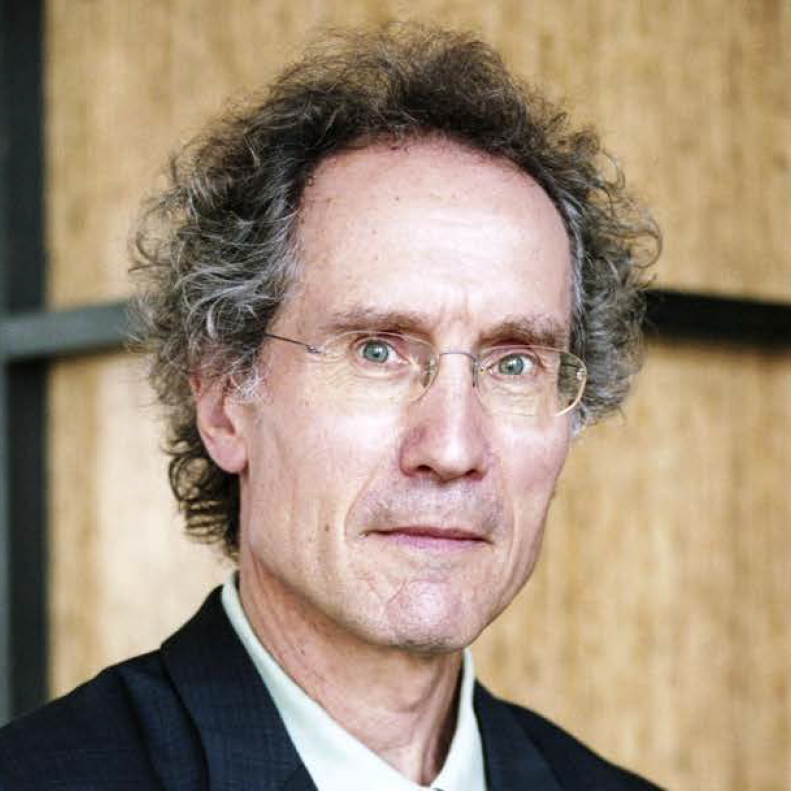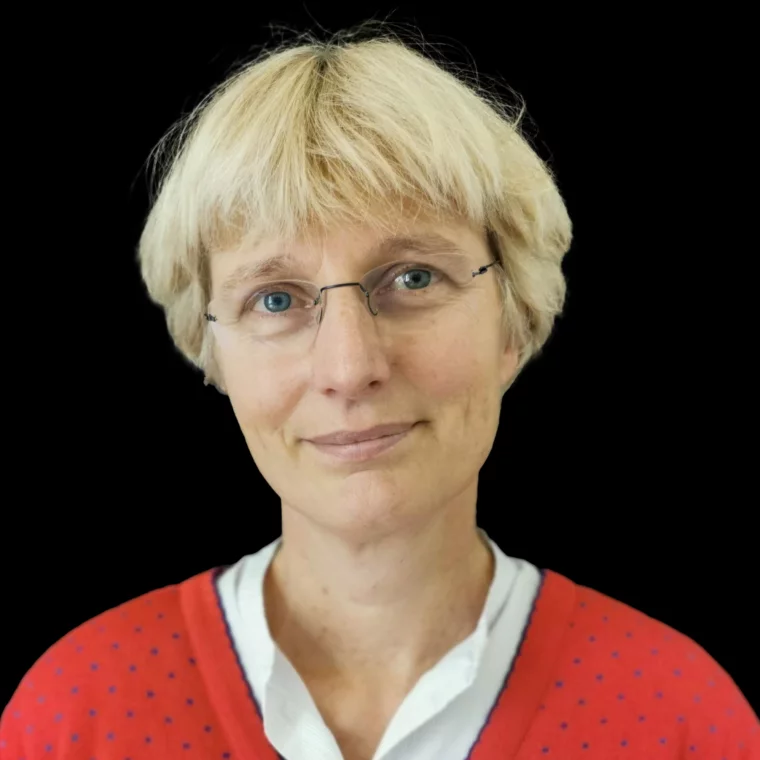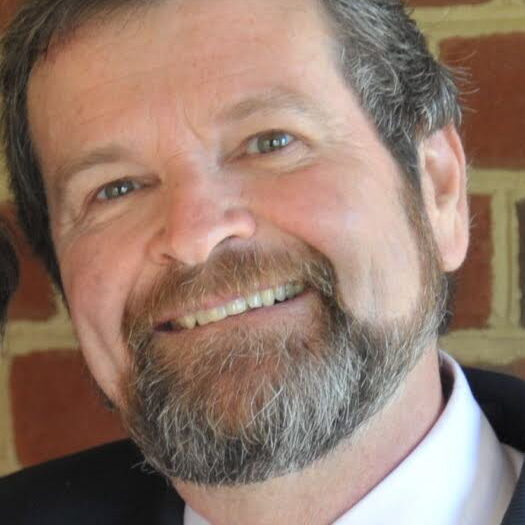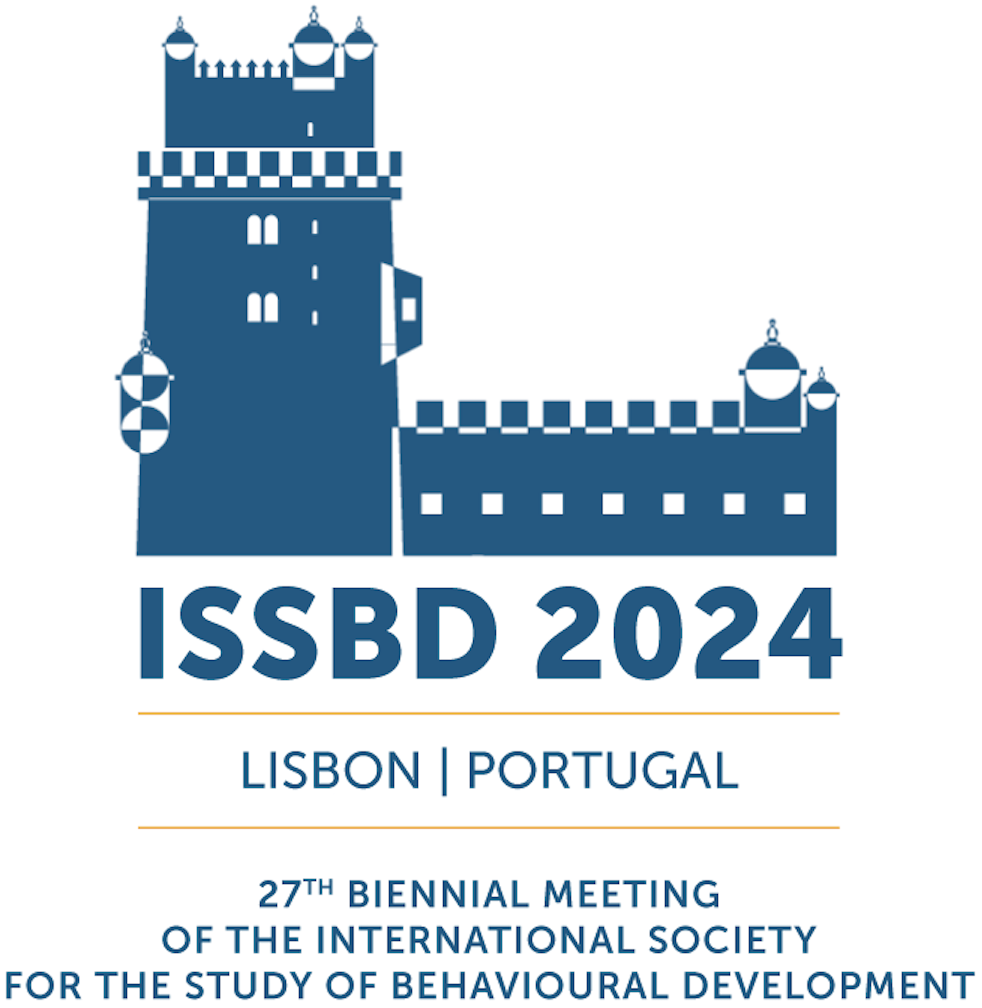
van IJzendoorn

Matters of Significance: replication, translation, and academic freedom in developmental science
Chairs:
– Marian Bakermans-Kranenburg, Ispa – Instituto Unversitário, Portugal
– Marinus van Ijzendoorn, University College London, UK
In their recent book, Matters of Significance, Marinus van IJzendoorn and Marian Bakermans-Kranenburg draw on their work in parenting and child development research to highlight the complex relations between replication, translation and academic freedom. Application of scientific findings to effective practice and informed policymaking is an aspiration for much developmental research. Parenting interventions are a prime example of such a technical approach for which replicated evidence from randomized controlled experiments is needed. But too often translations of science to practice are conceptually narrow, lack ethical grounding, and are quickly developed to address an urgent problem. An alternative way to translate developmental science is busting popular myths about parenting and child development. The authors argue that academic freedom is currently under attack but is a paramount condition for this adversarial, critical role. Without academic freedom, unwelcome findings or critique may elicit repercussions, silencing, or cancellation.
Sophie Havighurst (University of Melbourne, Australia) will share her experiences in Australia working at a policy and advocacy level to use evidence-based parenting interventions– and the accompanying frustrations as costs and ‘policy directions’ shift and expertise is silenced.
Rebecca Shiner (Colgate University, USA) will address the potentially harmful public application of mental health concepts and research in young people, and researchers’ lack of freedom to disagree with ideologically-driven approaches to mental health.
António José dos Santos (Ispa-Instituto Universitário, Portugal) will call for creativity and collaboration to handle the paradox that severely escalating challenges threaten the future of our young even as our knowledge about human development exponentially expands.
Eva Romera (University of Cordoba, Spain) will speak about decision-making in the framework of peer networks and bullying.
Jennifer Lansford (Duke University, USA): Lansford will focus on issues that arise when attempting to implement parenting interventions, with attention to complexities of working across cultural contexts.
Ariel Knafo-Noam (Hebrew University, Israel) will discuss challenges and pitfalls that are pertinent in research on the complex interplay between genetics and parenting to shape prosociality in children.


How can we share with parents the research findings they want?
Chairs:
– Michael e. Lamb, University of Cambridge,UK
– Julie Bowker, uNIVERSITY AT BUFFALO, USA
Members of the panel and audience will discuss ways of communicating relevant research findings to parents and those working with parents using innovative techniques. The panel will comprise Regional Coordinators, Early Career Scholars with special interest in outreach and application, and representatives of the Child & Family Blog, which has experience disseminating findings beyond academics in accessible ways. The key challenge is to establish means of communication which allow researchers to identify the questions or issues that most vex parents in diverse communities, ensure that the research being communicated is actually relevant to the community involved, and establish means of communication that effectively reach the parents who want the information directly or indirectly (via those working with them). Most dissemination takes place in privileged contexts; the goal of the workshop is to focus on more diverse communities and to stimulate development of one of more pilot projects to be undertaken with the support of ISSBD and the CFB.
